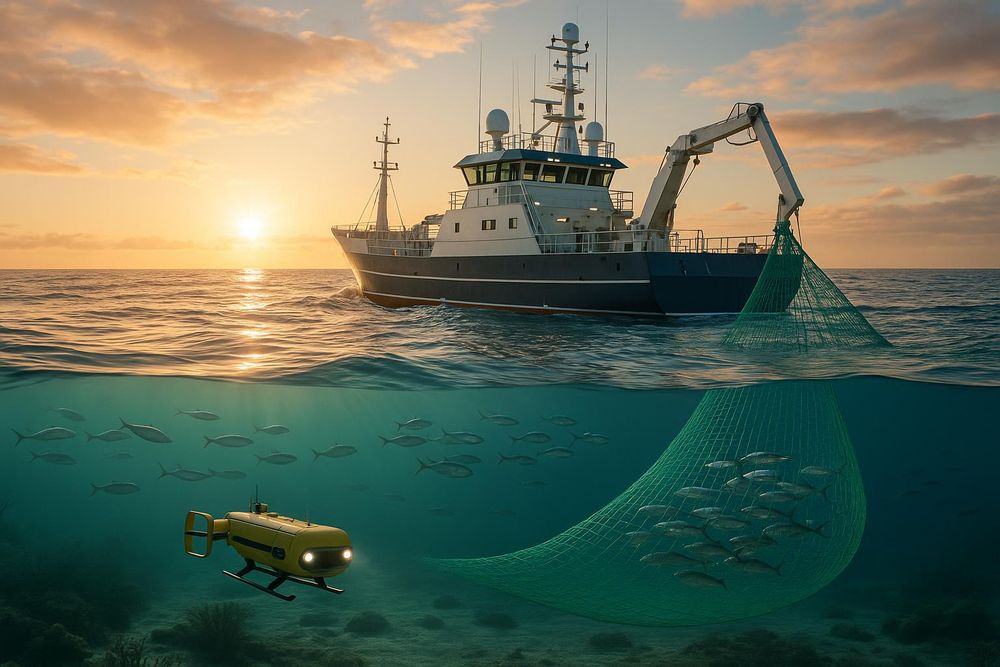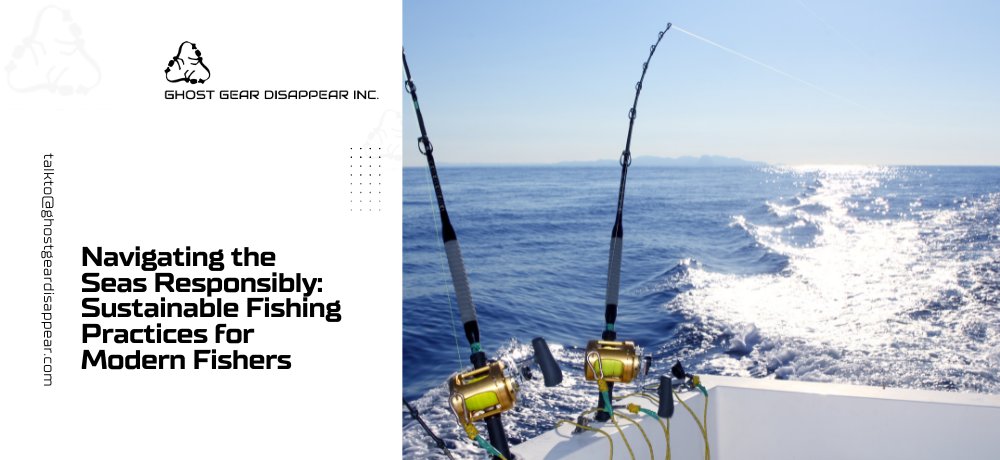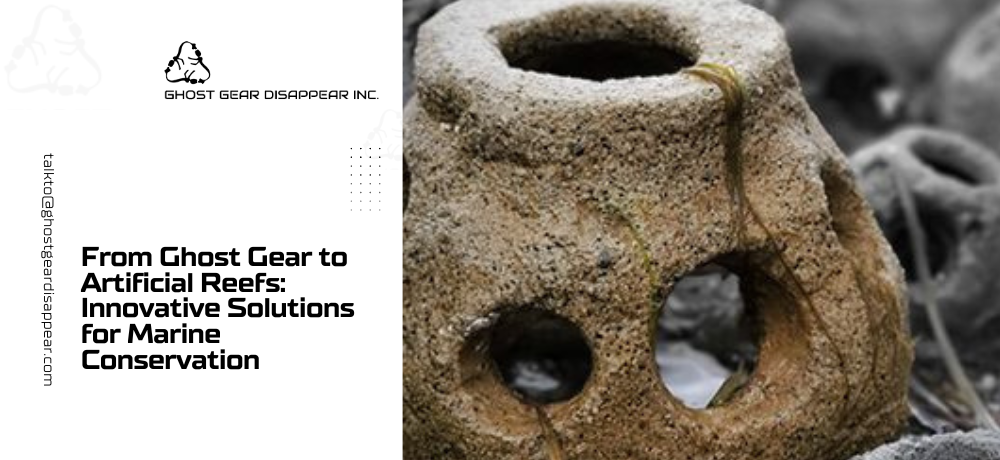Explore how cutting-edge sustainable fishing technology is transforming the future of Atlantic Canada fisheries. In this post, you’ll discover how AI in the fishing industry, remote-operated vehicles, and advanced ghost gear solutions empower you to reduce lost equipment and safeguard marine habitats. Learn how these innovative approaches not only protect the environment but also help you maintain efficient and responsible fishing operations. Stay ahead in your industry by embracing the tools and strategies that ensure both your success and the long-term health of our coastal ecosystems.

Blog by GHOST GEAR DISAPPEAR INC.
-
How Advanced Technology is Shaping the Future of Sustainable Fishing in Atlantic Canada

Click here to read the full article »
-
Navigating the Seas Responsibly: Sustainable Fishing Practices for Modern Fishers

In the ever-evolving world of commercial fishing, embracing sustainable fishing practices is not just a choice, but a necessity for modern fishers. By adopting innovative equipment and methods, you can significantly reduce your environmental impact while enhancing the efficiency of your operations. This approach not only safeguards marine ecosystems but also ensures the long-term viability of the fishing industry. Dive into our exploration of how you can contribute to a more sustainable future for our oceans, making every catch count towards a healthier planet.
Click here to read the full article »
-
From Ghost Gear to Artificial Reefs: Innovative Solutions for Marine Conservation

Discover the transformative power of innovative marine conservation solutions in our latest blog post. We delve into the critical role of ghost gear retrieval and the construction of artificial reefs in promoting biodiversity and ecosystem health. By addressing the issue of ghost gear, you can help minimize habitat impact and support sustainable fishing practices. Join us as we explore how these cutting-edge methodologies not only protect marine life but also empower coastal communities to lead the way in environmental stewardship.
Click here to read the full article »


